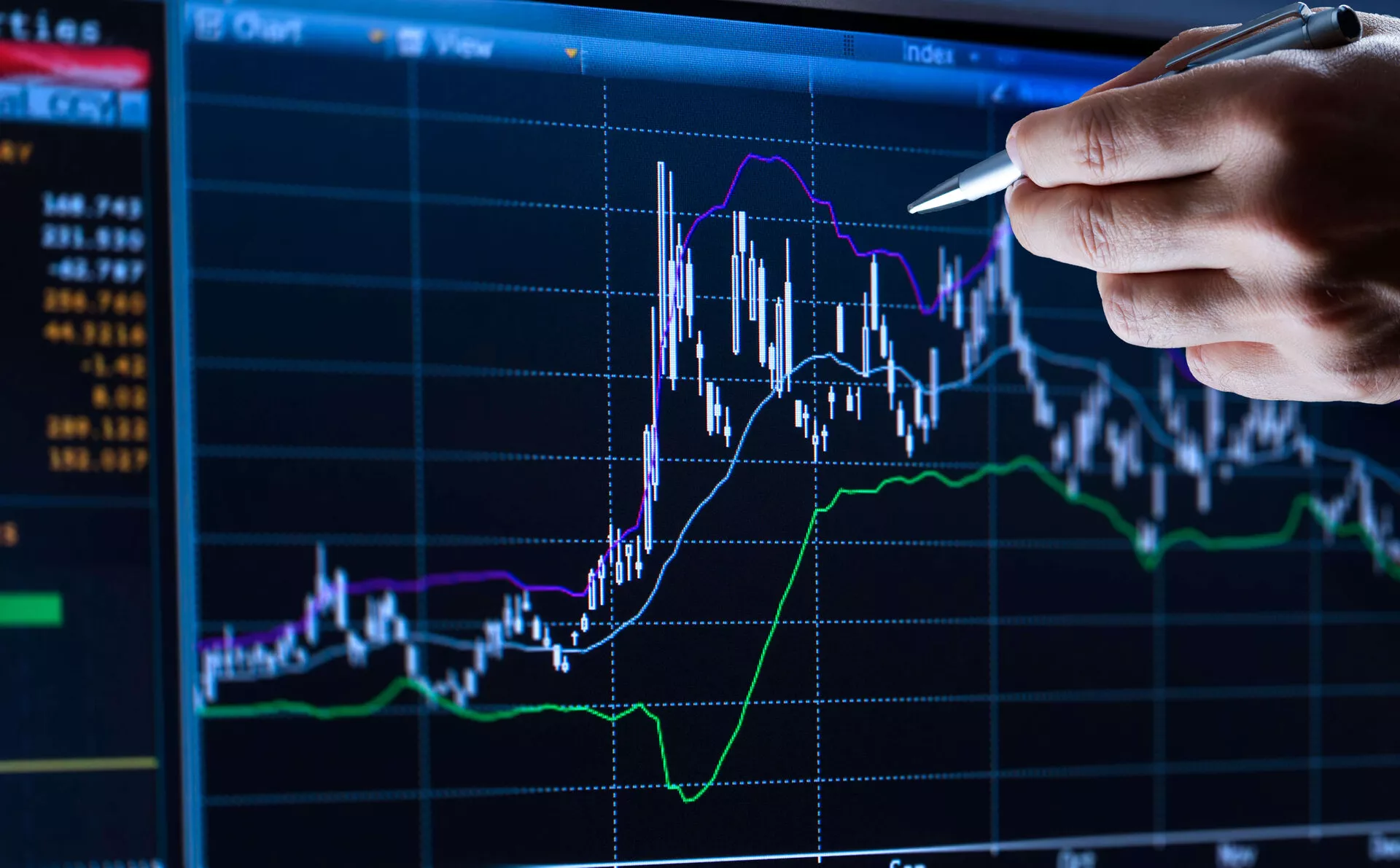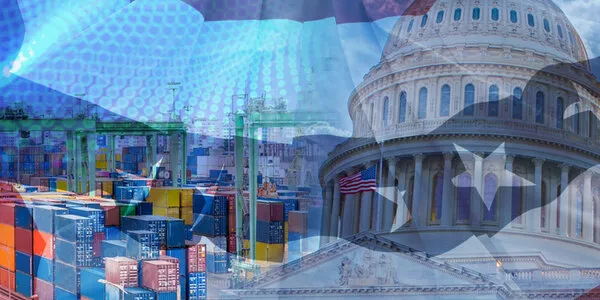
Weekly Update - Euro area: The surplus in goods trade balance is well-entrenched
The euro area goods trade balance swung sharply into deficit during the energy crisis. Although it has now been back in positive territory for several months, euro area trade could continue to be hampered by the ongoing Chinese trade offensive.
The trade balance surplus is confirmed. The euro area posted a surplus of 57 billion euros in its trade in goods with the rest of the world in the first quarter of 2024. This figure confirms the return to positive territory of the trade balance observed since mid-2023, after two years of deficit caused by the energy crisis (see chart 1). The improvement largely reflects the effects of the fall in energy prices. But beyond this price effect, it can also be explained by a greater decline in import volumes than in exports, against a backdrop of soft domestic demand. Among the main countries in the euro area, and this time including intra-euro trade, Germany has returned to a high level of trade surplus, even higher than before Covid, as domestic demand has been particularly sluggish. Italy has returned to a trade surplus, while France and Spain are back to moderate deficits, following record deficits in 2022.
The Covid and energy crises have altered the trade balance with the world's main regions. The trade surplus with the United States and the United Kingdom has increased compared with before Covid. The energy crisis initially reduced these surpluses, as energy imports from Russia were transferred to these countries. More recently, however, these surpluses have increased again, as a result of stronger domestic demand – particularly for the United States. European exports may also have benefited from the increase in US tariffs on Chinese imports. The euro area trade surplus with the United States reached a record €44 billion in the first quarter, up 30% on the previous year. At the same time, the bilateral deficit with China appears to have moderated in recent months, but after a marked deterioration post-Covid. China remains the country with which the euro area has the largest trade deficit, and at $47 billion this deficit is still much higher than it was before Covid and could widen further in view of China's current trade offensive.
Globalisation is not coming to a halt; on the contrary, Chinese exports are very dynamic. The pandemic, with the global supply chains disruptions, and the geopolitical tensions, with the strengthening of protectionist measures, led to fears that globalisation would come to a sudden halt. However, the data to date show a different picture, with trade levels still very high (see Focus Strategy: Globalisation: recent trends and consequences). In particular, China still appears to be very dynamic. Chinese net exports, which had already seen very high growth after the country's entry to the World Trade Organisation (WTO) in 2001, have once again seen strong momentum since Covid (see chart 2). This dynamism can be explained initially by the strong demand for goods in the developed economies, particularly in the United States, at the time of and after the lockdowns, then by sluggish Chinese domestic demand and finally by very proactive political support and subsidies (particularly in the car and renewable energy industries).
In the highlights of the week, we chose to talk about inflation data and elections in the United Kingdom as well as activity data and wages in the euro area:
Inflation in the United Kingdom slowed significantly in April but was higher than expected, at 2.3% year-over-year compared to 2.1% expected and 3.2% the previous month. Core inflation remains high, at 3.9% year-over-year compared to 3.6% expected. While goods inflation has slowed down significantly, inflation in services has remained quasi-stable. These data show that inflation is approaching the central bank's objective, allowing it to cut its rates during the summer, if the trajectory is confirmed. However, markets have significantly lowered their rate cut expectations for the June meeting. Meanwhile, Prime Minister Rishi Sunak called the general elections for 4th July, elections for which the opposition Labour Party is the clear front-runner.
The PMI business climate indices for the month of May confirmed that activity in the euro area was recovering but remained moderate and fragile. The manufacturing sector PMI index for the euro area rebounded in May but remains below the threshold of 50 separating contraction and expansion in the sector. The services index remained stable, allowing the composite index to return to its highest level in a year. The key statistic in the euro area, however, was the index of negotiated wages, which increased in May by 4.7% year-over-year compared to 4.5% previously. The ECB, however, considers that leading indicators argue for a moderation in future wage growth. Therefore, this should not prevent the ECB from lowering rates in June but is in line with our scenario of moderate rate cuts this year.




